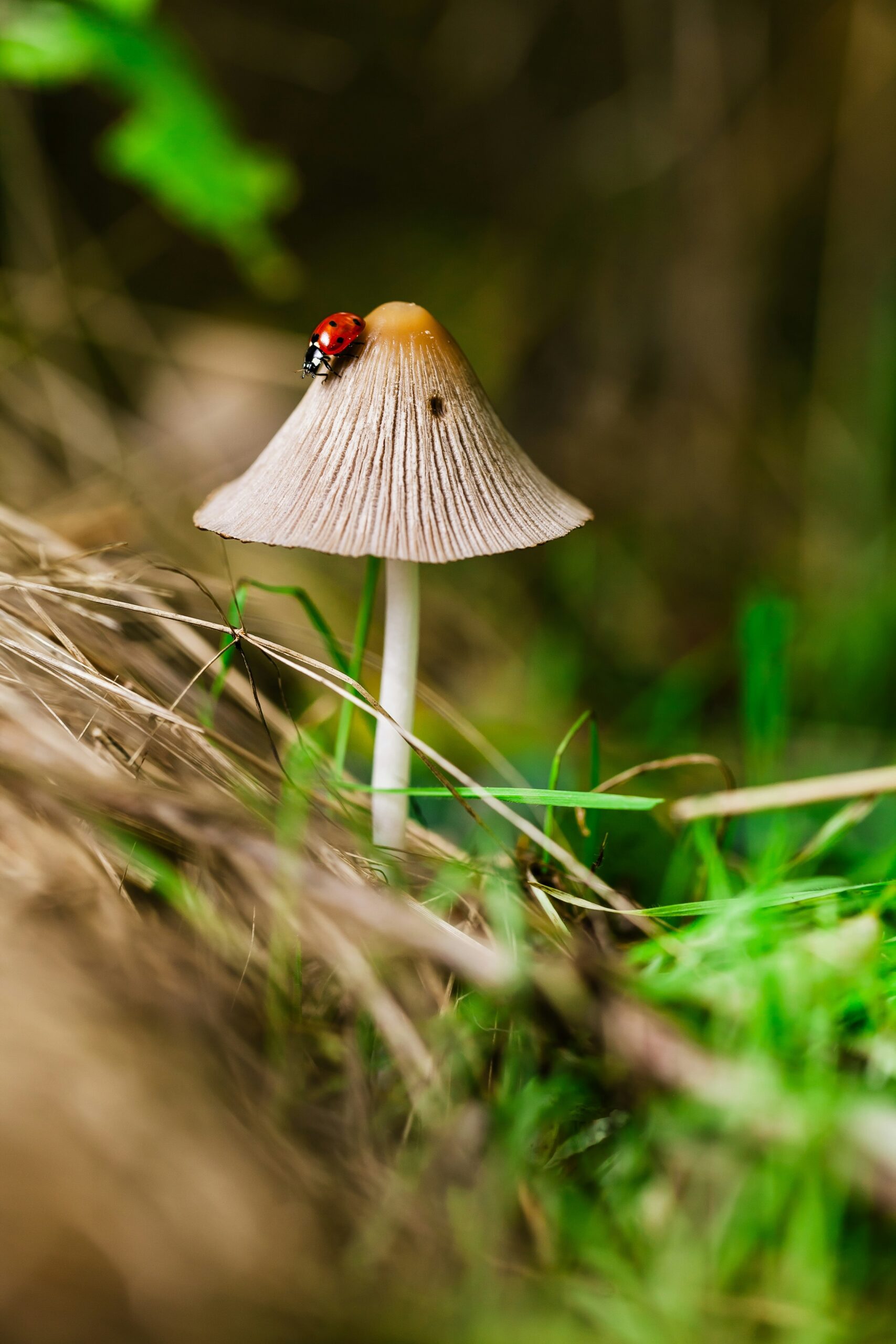Progesterone & GABA for Anxiety

Progesterone: the Peaceful Hormone
Progesterone restores a sense of calm. For those balancing the responsibilities of home, work and family, progesterone helps you keep your cool. It acts on the gamma-aminobutyric (GABA) receptors in the brain. These are the receptors that sleeping pills, anti-anxiety medications and alcohol act on. Optimal progesterone levels help with:
1. clearing brain fog
2. allowing you to stay asleep, especially between 2 and 4 am.
3. building bone
4. strengthening libido
5. supporting elasticity in the skin
6. helping neural growth in the brain
7. preventing puffiness & bloating
What’s GABA all about?
GABA is the primary inhibitory transmitter in the brain. It settles the mind and protects our brain from overstimulation. If you worry a lot or experience anxiety you may be low. GABA comes from protein we eat and some people respond well to supplementation. If you don’t, it may be a good sign. The molecule is quite large so some research has hypothesized that it shouldn’t readily cross the blood-brain barrier. However, it will still have a positive effect because we have a lot of neurotransmitter receptors elsewhere in the body. Mood can improve when GABA reaches the cells in our liver and gut.
If you are deficient in GABA, you may experience a kind of physical anxiety that is difficult to shake. Muscles may tighten and your immune system is less able to do it’s job. One of the best tips about GABA is to use it before bed on the days that you strength train. It increases Human Growth Hormone (HGH) levels in the blood by up to 5 times with 90 minutes of taking it. The rate of muscle growth is influenced by HGH levels which are highest when you sleep. Use GABA and see the results. There are no negative side-effects from taking GABA.
Promote Peace & Calm Naturally
Here are a 6 more ways you can bump up your GABA:
1, Theanine from green tea, matcha or the supplement.
2. Foods high in zinc and magnesium: liver, red meat, shellfish, dark chocolate, pumpkin seeds, halibut, spinach, and okra.
3. Chamomile tea: this has a bioflavonoid called Apigenin that binds to GABA receptors in the brain. It calms the nervous system.
4. Potassium rich foods: acorn squash, spinach, brussel sprouts and yogurt.
5. Ensure your serotonin levels are optimal: tryptophan in food or supplemental 5HTP support serotonin & enhance the effects of GABA.
6. St. John’s Wort and Ginkgo: both these herbs have different actions in the brain to increase uptake of GABA.
Ovulation is a Important
The birth control pill means you won’t get the surge of progesterone mid cycle and near the end of your cycle. Progesterone supports your brain, thyroid, bones and breast tissue. It also reduces inflammation, We produce far more of it than estrogen. It keeps estrogen from becoming dominant in both males and females which has several health risks. Progesterone is also an essential for building block for other hormones including cortisol and adrenaline. Men produce progesterone in their testes and use it for general health as well as sexual function.
Ovulation supports estrogen to promote muscle gain, insulin sensitivity and a healthy cardiovascular system. Missing out on ovulation is an unfortunate reality that many women experience. They aren’t told the full story of oral contraception. More and more women are saying no to the pill and the long list of side effects that accompany it.
Symptoms of Low Progesterone
Many of my patients come to me with symptoms that could be low progesterone levels. Anxiety, sleepiness, headaches, weight gain, irrational fear, moodiness are just some. Miscarriage and infertility can be caused by low levels. So can endometriosis, PCOS and depression. Around menopause hot flashes, low libido and night sweats can be alleviated by using herbs to mitigate what is a natural drop in progesterone.
Related Posts
 Psychedelics for Women’s Health
Psychedelics for Women’s Health
 Protein & Hormones for Healthy Weight
Protein & Hormones for Healthy Weight




